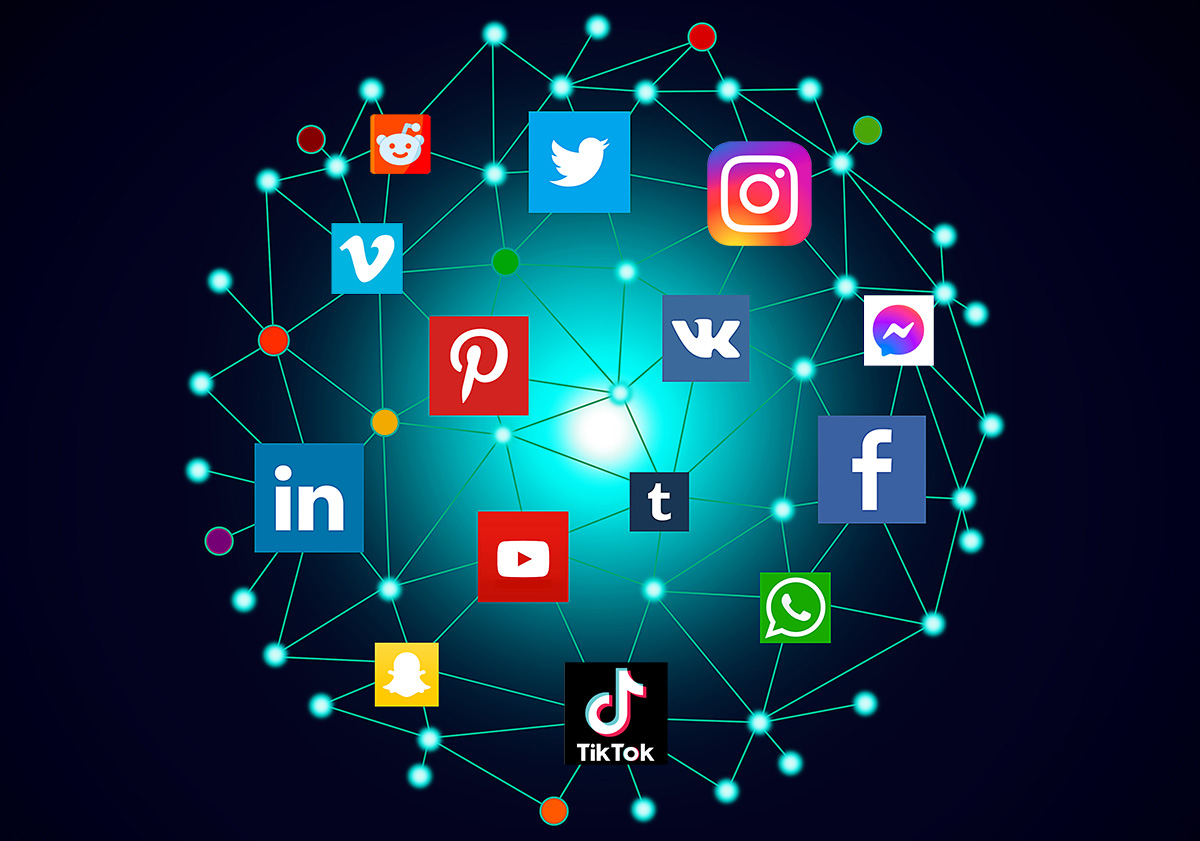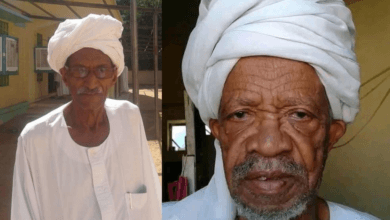
حرب سودانية وحشية في وسائل التواصل الإجتماعي
:Mohamed Elmaki Ahmed
The daily rates of Sudanese suffering from the ongoing war have been increasing since the catastrophe broke out on 15 April 2023.
Tens of thousands have been killed, more than 12 million displaced, according to the UN, and famine, fear, and diseases have threatened the lives of millions.
But there is another brutal war on social media platforms among many Sudanese.
Campaigns of misinformation on speeches and statements gained traction years ago when the Sudanese were under the dictatorship of former president Omar al–Bashir, who governed Sudan for 30 years, after the military coup of the Muslim Brotherhood on 30 June 1989.
Nowadays, Sudan is again under military rule and war, with a climate of misinformation.
The Chairman of the Transitional Sovereignty Council, the military leader General Abdel Fattah al-Burhan, and General Mohamed Hamdan Daglo, his former deputy Chairman in that council and the leader of the Rapid Support Forces (RSF), weaponised propaganda when they were in a harmonious relationship before the current war.
The two military leaders and their supporters in the Sovereignty Council prepared for a military coup by launching vociferous campaigns through statements against Doctor Abdalla Hamdok‘s transitional, civilian government and the political parties.
They concentrated on the ‘’failure of the transitional government in the economic issues’’ but al-Burhan promised, after his military coup on 25 October 2021, that he would ‘’return to democracy in 2023’’ confirming his intention to ‘’hold elections in that year and transfer power to civilians.
This commitment was announced after detaining the civilian government, declaring a state of emergency, arresting many political leaders, and then seizing power.
As he pledged, Al-Burhan’s big gift in 2023, the year of democracy, was his involvement in the current war.
He is responsible for Sudan‘s current disaster because any leader must avoid war in their country by hook or crook.
Many Sudanese do not believe what Al-Burhan, Hemedti, and military leaders say, as they released contradictory statements, amid heinous war crimes against civilians.
No doubt, social media play vital roles in modern societies by enhancing interaction between people, spreading news, and breaking the control of repressive regimes against freedom of media and expression.
However, the main problem is the absence of professional and ethical values among some social media users who utilise influential tools to spread lies, hatred, distortion, and sow divisions, thereby undermining relations between the Sudanese and among them and other governments and nations in the region.
Facebook, X. and WhatsApp witnessed huge Sudanese campaigns full of misinformation and disinformation about the ongoing crisis and its implications.
The Sudanese war on social media added additional political polarisation and increased social divisions in the societies, including ethnic wars.
Resolving the war on social media is impossible under a military regime that relies on misinformation and disinformation.
The comprehensive treatment needs the rule of law and institutions.
Tackling this crisis needs joint and practical local and international efforts, from governments, social media companies, and journalists who respect credibility and people’s rights to receive valid information.
Globally, United Nations Secretary-General António Guterres launched on 24 June 2024 vital recommendations for urgent action to curb the harm of misinformation and disinformation and hate speech.
He said: ‘’Governments, tech companies, advertisers, media and other stakeholders should refrain from using, supporting or amplifying disinformation and hate speech for any purpose”.
UN reports suggested a Code of Conduct for information integrity on digital platforms, which outlines potential guardrails while safeguarding the rights to freedom of expression and information.
It includes respect for human rights, support for independent media, increased transparency, user empowerment and strengthened research and data access.



